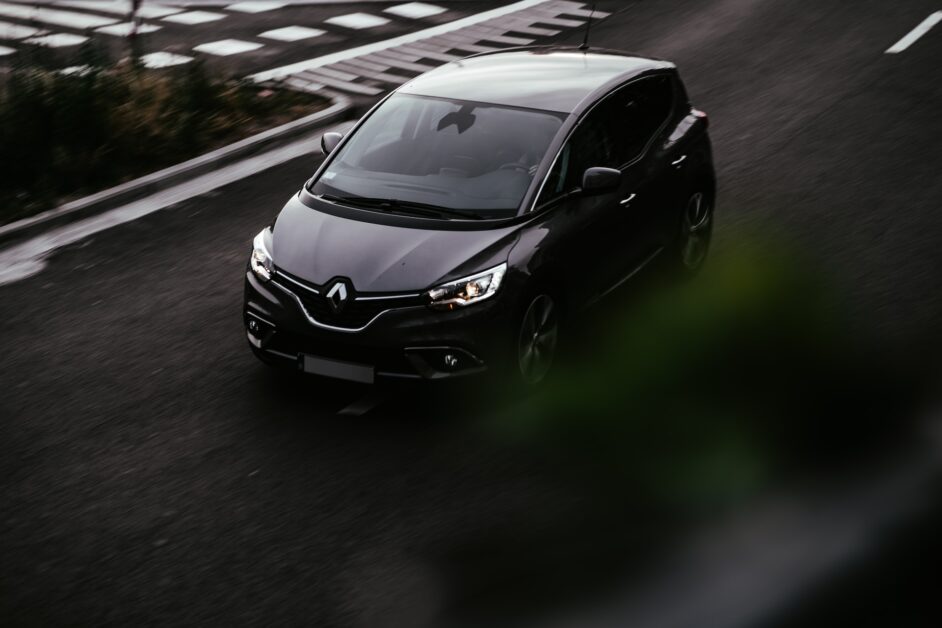
Renault S.A., a prominent French multinational automobile manufacturer, was established in 1899. Renowned for its range of cars and vans, Renault has historically produced a variety of vehicles including trucks, tractors, tanks, buses/coaches, aircraft, aircraft engines, and autorail vehicles. As of 2016, it was the ninth-largest automaker in the world by production volume.
Headquarters and Global Presence: The company is headquartered in Boulogne-Billancourt, near Paris, and operates in 128 countries.
Key Figures:
- Founded: 25 February 1899
- Key People: Jean-Dominique Senard (Chairman), Luca de Meo (CEO)
- Revenue: €46.21 billion (2021)
- Net Income: €0.97 billion (2021)
- Total Assets: €113.74 billion (2021)
- Total Equity: €27.89 billion (2021)
- Employees: 170,158 (Q4 2020)
Ownership and Subsidiaries: The French state and Nissan each own a 15% share of Renault. Its notable subsidiaries include Alpine, Renault Sport (Gordini), Automobile Dacia (Romania), and Renault Korea Motors (South Korea).
Historical Significance: Renault has been a key player in motor sport, with a significant role in rallying, Formula 1, and Formula E. The company’s early work on mathematical curve modeling for car bodies is a landmark in the history of computer graphics.
Early Years and Growth: Founded by Louis, Marcel, and Fernand Renault, the company first manufactured engines in 1903. Renault gained early prominence with its taxis, which were used by the French military in World War I. Post-war, it expanded into agricultural and industrial machinery. The interwar period saw further expansion and innovation.
World War II and Nationalization: During World War II, Renault’s factories were taken over by Nazi Germany. After the liberation, the French government nationalized the company, and it became Régie Nationale des Usines Renault.
Postwar Era and Expansion: Post-WWII, Renault experienced a resurgence with models like the 4CV. The 1950s and 1960s saw the launch of successful models like the Renault 4 and 8. The 1970s marked Renault’s expansion into international markets and its involvement in motorsports intensified.
Modern Era and Privatization: The 1980s were challenging, leading to cost-cutting measures and eventual privatization in 1996. Renault’s partnership with Nissan in 1999 formed a significant alliance in the automotive industry.
